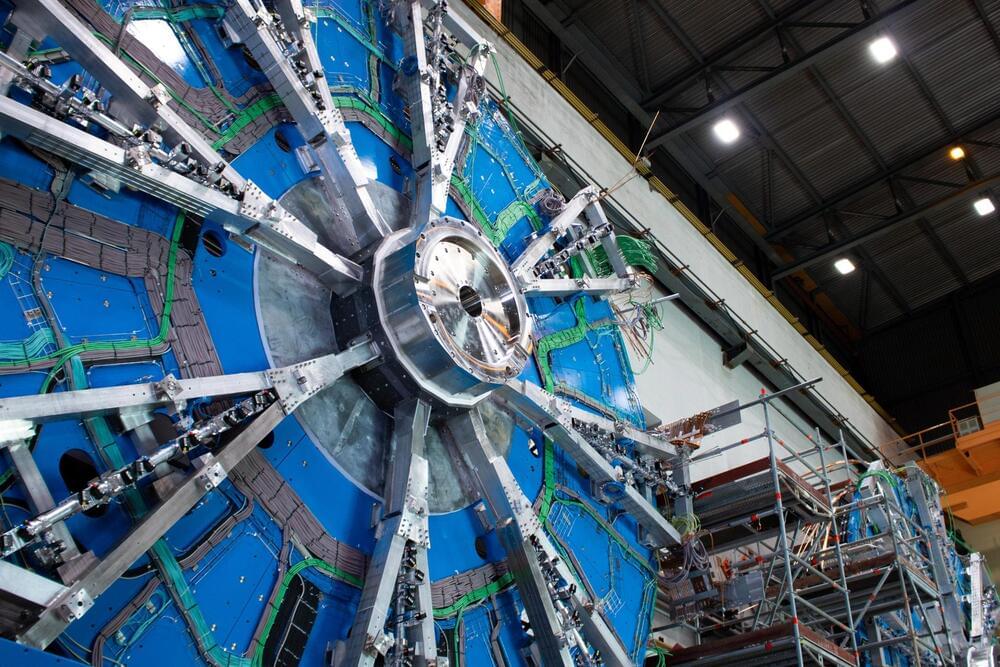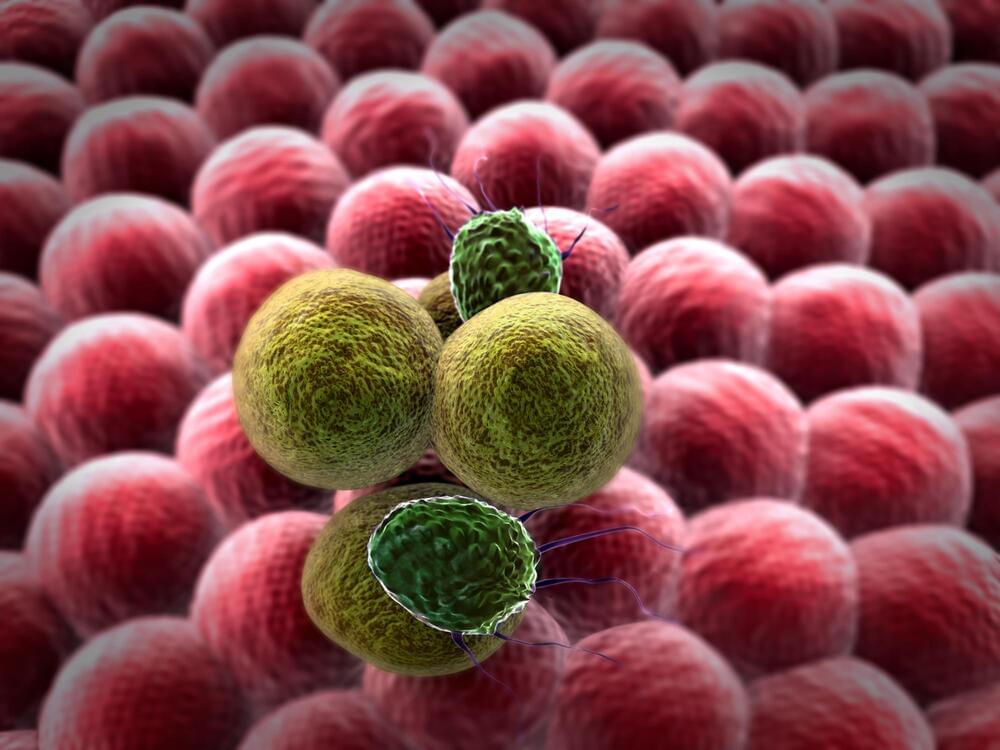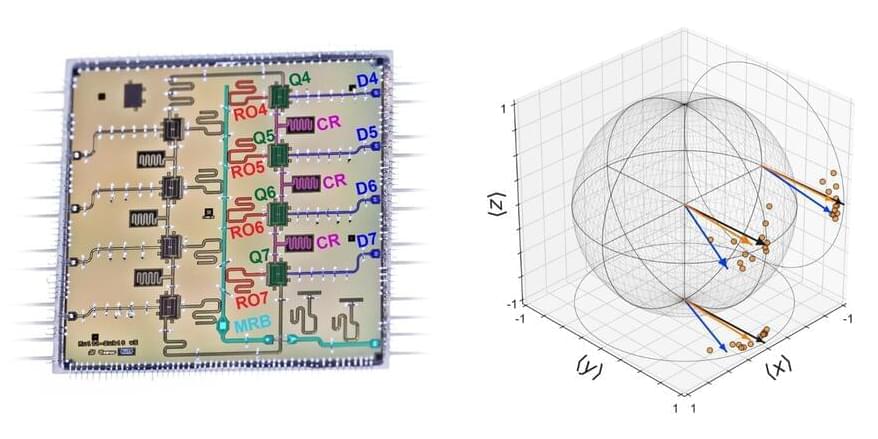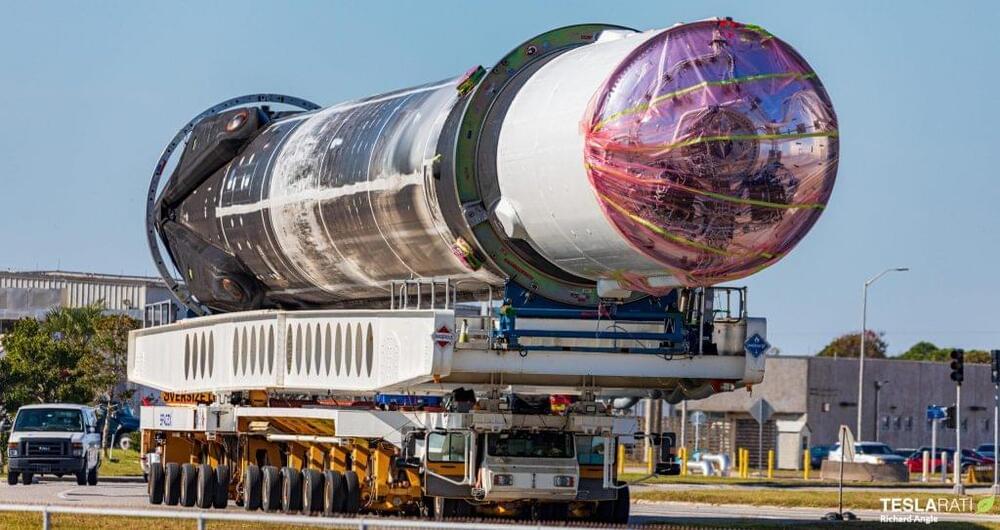These longstanding challenges are both related to how functionals behave when presented with a system that exhibits “fractional electron character.” By using a neural network to represent the functional and tailoring our training dataset to capture the fractional electron behaviour expected for the exact functional, we found that we could solve the problems of delocalization and spin symmetry-breaking. Our functional also showed itself to be highly accurate on broad, large-scale benchmarks, suggesting that this data-driven approach can capture aspects of the exact functional that have thus far been elusive.
For years, computer simulations have played a central role in modern engineering, making it possible to provide reliable answers to questions like “will this bridge stay up?” to “will this rocket make it into space?” As technology increasingly turns to the quantum scale to explore questions about materials, medicines, and catalysts, including those we’ve never seen or even imagined, deep learning shows promise to accurately simulate matter at this quantum mechanical level.









